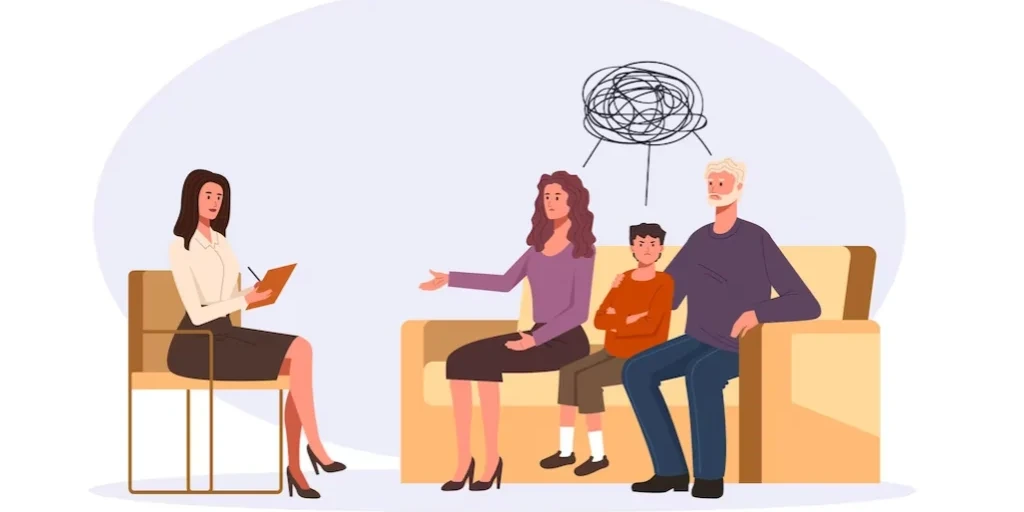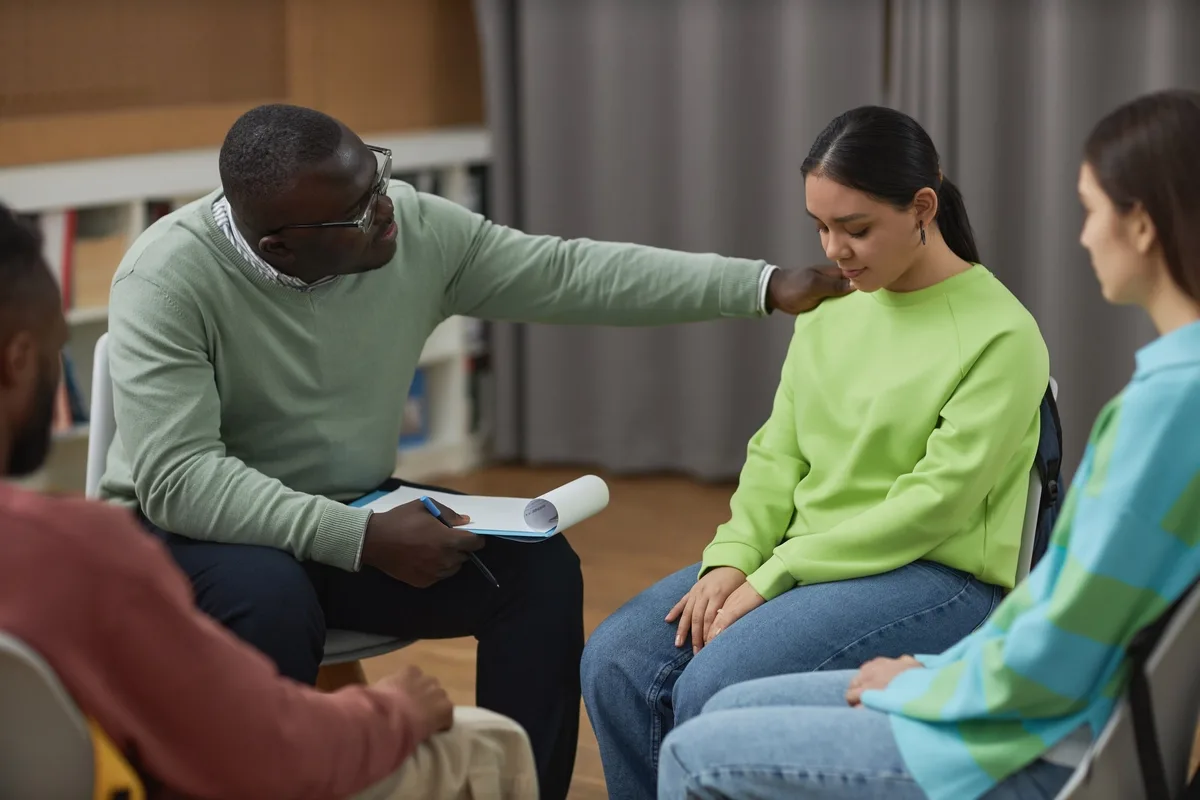24/7 Helpline:
(866) 899-221924/7 Helpline:
(866) 899-2219
Learn more about Opioid Rehab centers in Tonkawa

Other Insurance Options

Holman Group

WellCare Health Plans

Oxford

Cigna

CareFirst

Self-pay options

Premera

Horizon Healthcare Service

PHCS Network

Ambetter

Sliding scale payment assistance

Regence

Health Choice

Choice Care Network

BlueCross

GEHA

Magellan Health

Covered California

Private insurance

Providence

Tonkawa Tribe – Substance Abuse Program
Indian Alcohol and Substance Abuse Tonkawa Tribe of Oklahoma offers outpatient services for people s...


Alpha II
Alpha II is a private rehab located in Tonkawa, Oklahoma. Alpha II specializes in the treatment of a...




Edwin Fair Community Mental Health Center – Kay County
Edwin Fair Community Mental Health Center – Kay County is a private rehab located in Ponca City, Okl...

Bridgeway
Bridgeway is located in Ponca City, Oklahoma. Bridgeway provides substance abuse treatment.

Ponca City Rightway Medical
Ponca City Rightway Medical is a private rehab located in Ponca City, Oklahoma. Ponca City Rightway ...
































































